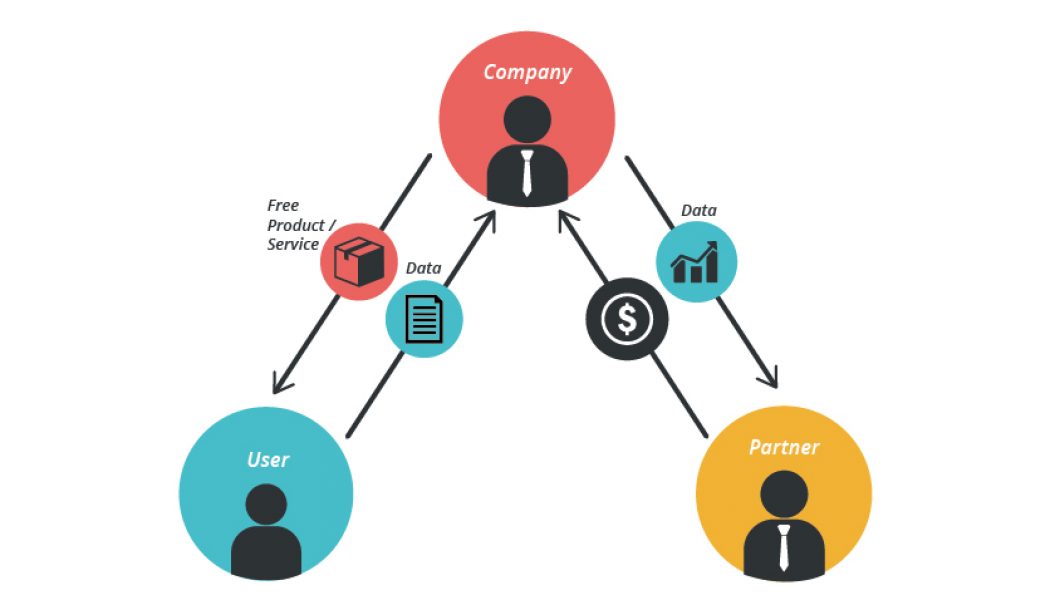Data and data analytics? Big business. We generate a massive amount of information every day, sourced via the Internet of (Every)Thing(s), GPS trackers, fitness wearables, software-as-a-service, web content and social media.
This information can be analysed computationally to reveal patterns, trends and associations; yielding outputs with a multitude of uses. For example, we can use it to predict trends and patterns, find the most lucrative opportunities, and manage our time and resources more effectively.
But how does intellectual property (IP) law protect data, enabling it to be monetised? And what should businesses be aware of, as they grow increasingly dependent on data?
Copyright and common law
/* custom css */
.tdi_3_628.td-a-rec-img{ text-align: left; }.tdi_3_628.td-a-rec-img img{ margin: 0 auto 0 0; }
In South Africa, data is protected under copyright and the common law preventing unlawful competition. There is a distinction between an individual data item and a compilation of data (the latter, resulting from sourcing data items and organising them so as to make them useful).
An individual data item is eligible for copyright protection only if it is “original”; that is, not copied from an existing source, and if its production required a non-trivial degree of skilled judgement or labour. So copyright subsists in data items emerging from complex analysis, but not in raw data.
In contrast, where information has been (lawfully) gathered from publicly available sources and arranged into a compilation that can be searched and analysed, the compilation (but not the individual data items) is eligible for copyright protection.
As a general rule, copyright entitles the owner to prevent others from copying the original work but does not prevent independent re-development. However, proving that a compilation has been copied can be difficult, especially where the compilation is of raw, technical or public information.
Consider a database containing vehicle specifications and spare parts details that are publicly available. If a competitor were to compile the same information, independently and from scratch, the re-developed database is likely to be identical to the pre-existing ones.
How much must be copied?
An objective similarity between works will lead to the conclusion that work has been copied. But how much must be copied? ‘Data scraping’, where data items are (usually automatically) collected from public sources like websites, is commonplace. And this is sometimes permitted under the ‘fair dealings’ exception to copyright infringement, available in many jurisdictions.
Under SA law, copyright infringement occurs if a ‘substantial part’ of the original work is copied. So much must be copied that the value of the original compilation is sensibly diminished, particularly where the defendant takes ‘for the purpose of saving himself labour’.
Similarly, the owner of a database right existing under the European Directive on Copyright and Rights in Databases would have recourse where a ‘substantial part’ of the contents of their database is extracted or re-utilised. This applies even when the copying results from the repeated and systematic extraction or re-utilisation of insubstantial parts of the contents.
Unlawful competition
So we can own a copyright in data and data compilations, and we can prevent others from copying a substantial part of it. In Europe, we can own database rights. We can possess materials that contain data, and we can know data, but is it possible to own the data itself?
Our Courts have held that information or knowledge of whatever value and however confidential is not property and there is no real right of ownership comparable to ownership of corporeal property.
But a person having a quasi-proprietary or legal interest in data, or in a compilation of data, can seek relief for misappropriation, on the grounds of unlawful competition.
This interest could stem from having created the data/compilation; mandating another person to do this; or being granted an exclusive right to the data by the person who created, or mandated the creation of, the data/compilation.
Unlawful competition is based on the principle that no business should benefit at the expense of its rivals through the use of improper methods. But there is a fine (and sometimes blurred) line between competition that is deemed to be lawful and that which is not.
Unlawful competition is sometimes characterised by ‘springboarding’: starting not at the beginning with one’s own development but “using, as the starting point, the fruits of someone else’s labour”.
Ultimately though, the unlawfulness of business practice will be determined in each case, with regard to several subjective factors like the honesty and fairness of the conduct involved, the morals of the trade sector, and the importance of competition in a particular market.
As a trend, all businesses are likely to become increasingly dependent on data. You will need to navigate the legal minefield of data rights and interests, use data lawfully and optimise the value to be gained by exploiting it.
By Dina Biagio, Partner at Spoor & Fisher South Africa
/* custom css */
.tdi_4_66e.td-a-rec-img{ text-align: left; }.tdi_4_66e.td-a-rec-img img{ margin: 0 auto 0 0; }











